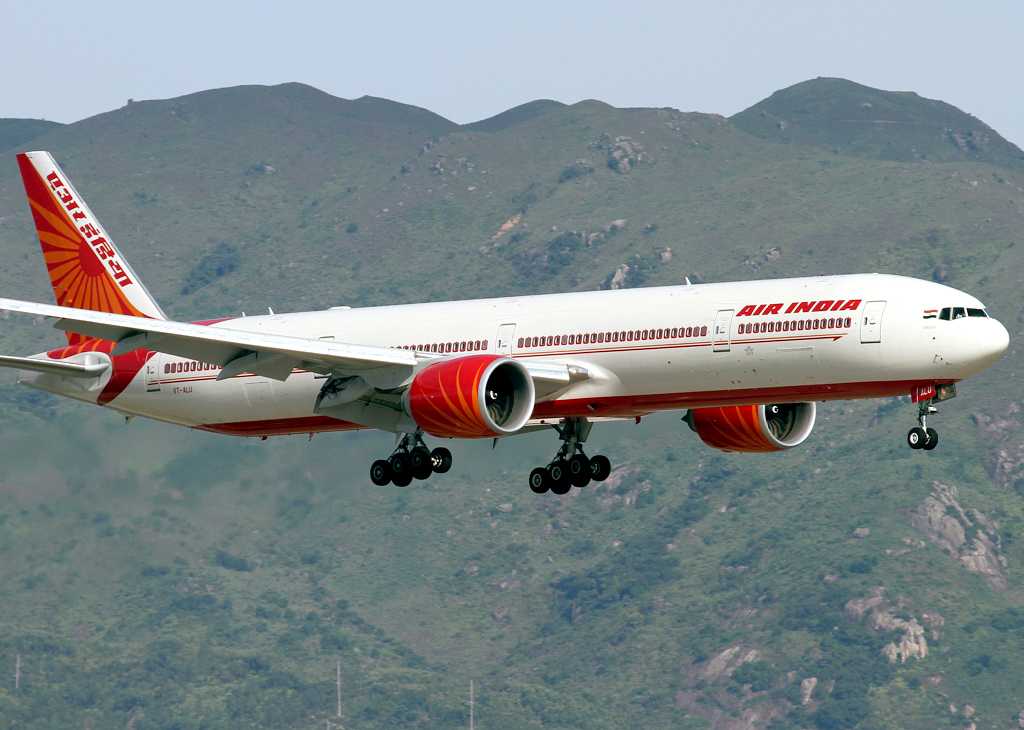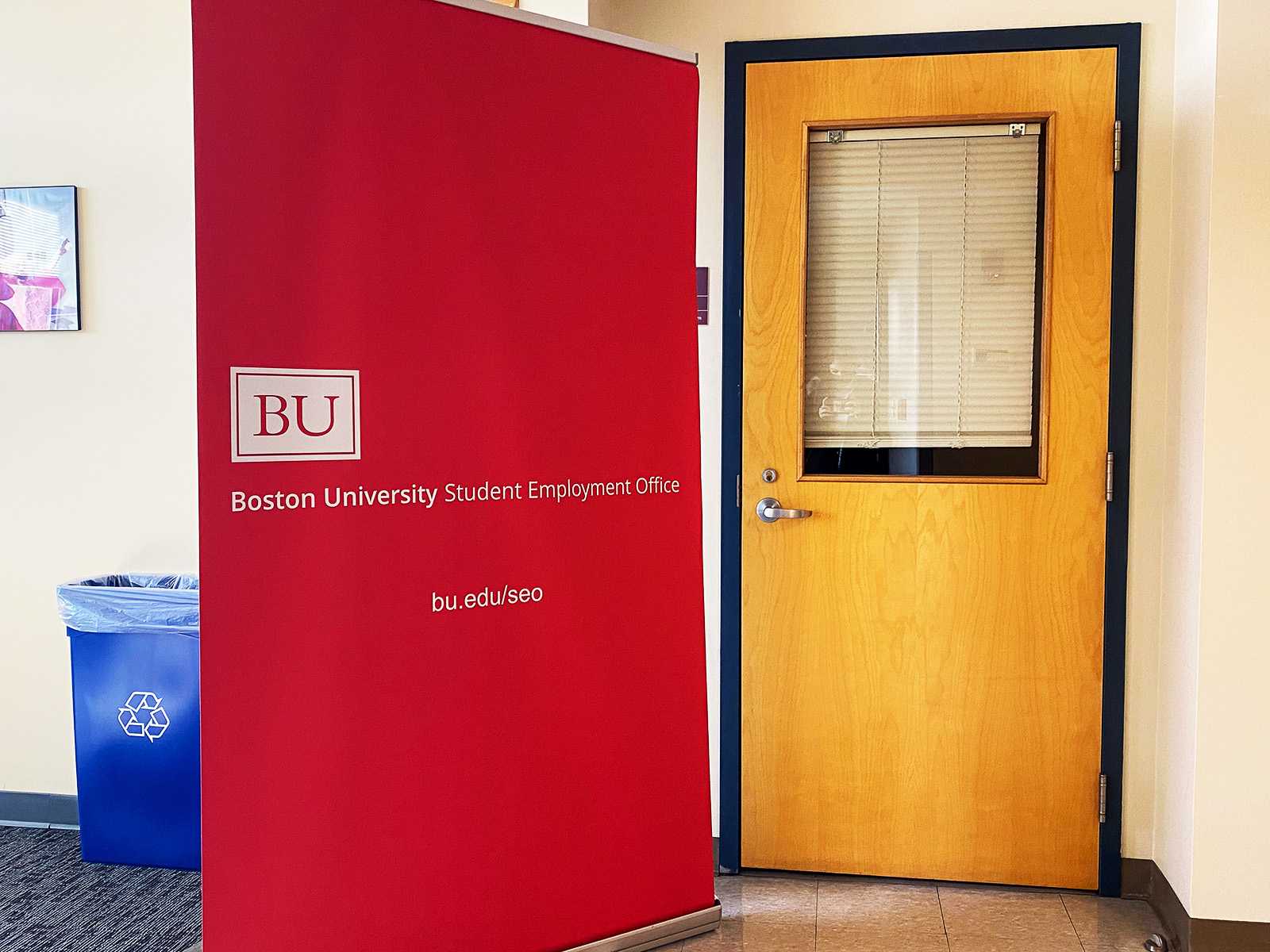Boston University graduate student Sean Mackay said he witnessed global warming first-hand last summer when he sailed around the west coast of Greenland and visited Inuit communities.
“The local people themselves are certainly noticing a change and it’s a very obvious one,” Mackay said.
Mackay, who studies climate science, said the people he met on his travels said they could see a difference in the level of sea ice and that climate warming made their traditional means of travel by dog sled extremely difficult.
“[The Arctic] is increasing at an alarming rate in terms of the change over the last decade,” said Dr. David Marchant, who leads the Antarctic Research Group at BU.
But while global warming is changing the local communities in the Arctic, it is also changing international dynamics as the five nations with Arctic Ocean territory race to capitalize on new opportunities for transportation and resource extraction.
In the most recent study by the United States Geological Survey, it was estimated that the Arctic contains 90 billion barrels of oil, 1,669 trillion cubic feet of natural gas and 44 billion barrels of natural gas liquids.
These numbers amount to 13 percent of the worldís undiscovered oil and 30 percent of the worldís undiscovered natural gas, said Mead Treadwell, chair of the U.S. Arctic Research Commission.
“Virtually every Arctic nation is dependent on oil production for its economy or [is] planning to be dependent,” said Treadwell, who met with other arctic experts in Miami last week to draft a recommendation that the U.S. put more funding toward researching oil spills.
The need for more research and the potential for resource extraction in the Arctic was clearly addressed by Russian President Dmitry Medvedev last Wednesday in his speech to the Russian presidential Security Council.
“We are seeing attempts to limit Russia’s access to exploring and developing Arctic energy deposits, which is inadmissible from a legal point of view and unfair in terms of our country’s geographical location and very history,” said Medvedev.
Treadwell said the limitations Medvedev referred to could have been environmental groups such as Greenpeace and the World Wildlife Fund, who want to put a stop to all oil drilling.
However there are others who believe Medvedev was referring to Canadian criticism in 2007 when Russia planted a flag at the seabed of the North Pole in order to enforce their claim to the Arctic.
Although territorial sea disputes in the Arctic should be determined by the continental shelf under the United Nations Convention on the Law of the Sea, it is still difficult to determine whether or not the continental shelf of the Arctic Ocean extends towards Eurasia or North America, Treadwell said.
“For those who like to use the gold rush or the land rush analogy, until the science is clearly definitive, if it even can be definitive, you’ll have people arguing both sides,” Treadwell said.
Professor Walter Connors, chair of BU’s political science department, said Russia may have more incentive to claim the Arctic regions due to a precarious economic structure.
“The biggest elements in Russia’s market basket today are really energy resources: oil and increasingly natural gas,” said Connors. “It goes up [and] it goes down as the world price of energy resource goes up and down, something that Russia can’t control by itself.”
Despite territorial disputes, the five Arctic nations are joining together to work on many of these issues at a summit with the five nations at the end of this month in Quebec. Russian Prime Minister Vladimir Putin has also called for a conference to discuss territorial issues at the beginning of April.
“It is important for energy security reasons that we have a good multinational regime for Arctic shipping as it is for fighting pollution,” Treadwell, who will be attending the conference in Russia, said.
Mackay said he hopes the nations can come together to share scientific data.
“No single team can ever collect whatís necessary, you physically have to have a lot of cooperation,” he said.




















































































































